Sponsored Content by MGIReviewed by Olivia FrostMay 4 2023
In this interview, Mathias Uhlen, the Director of the Human Protein Atlas, talks to NewsMed about the Human Protein Atlas and Precision Medicine.
Please can you introduce yourself and what inspired your research into medicine?
My name is Mathias Uhlen. I am a professor in Stockholm and the director of the Human Protein Atlas. My research was inspired by my desire to systematically go through all the fundamental building blocks – proteins – that make up the human body.
There are approximately 20 proteins that make up the human body, and we want to understand each one in depth to create a new resource for humanity and research purposes.
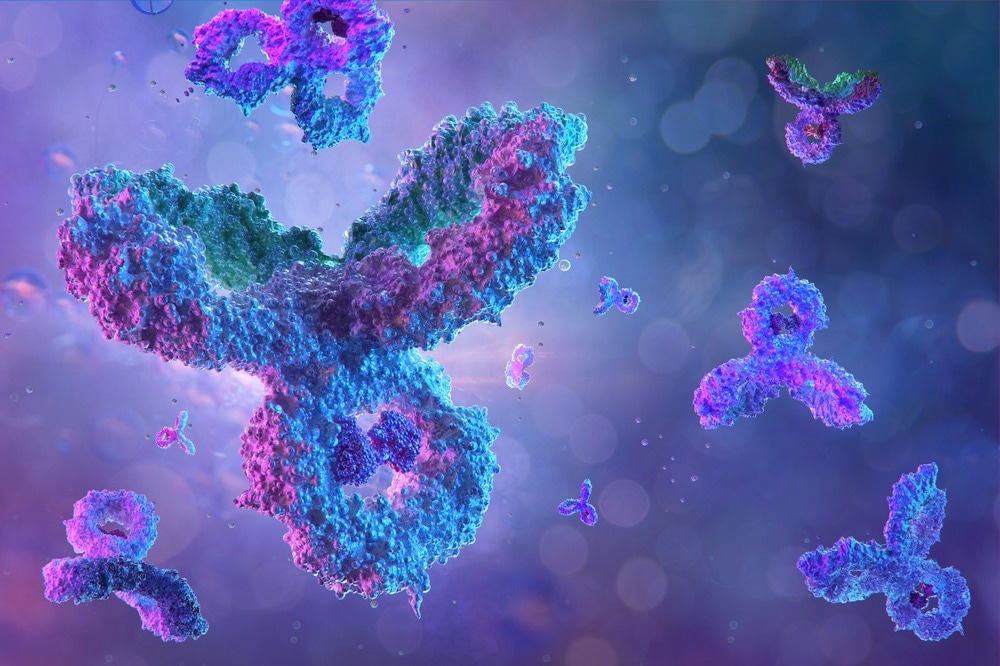
Image Credit: ShutterStock/Corona Borealis Studio
At ICG, you recently delivered a presentation surrounding the Human Protein Atlas and precision medicine. Please provide an overview of your presentation and what people could learn from it?
At ICG, I discussed the Human Protein Atlas program and the 15 million web pages and 10 million images we have. Now, we are just trying to add more data to this database. Currently, our main focus is precision medicine and trying to use all that knowledge to help patients in hospitals or those unaware that they even have a disease.
Have you heard of the phrase “omics for all.” What does this mean to you as a scientist?
In my opinion, omics means incorporating all of these new, big data technologies in the hope of sorting the abundance of data into useful information – this data must not become noise. Thus, to create something meaningful, omics are essential.
What is your main goal? How do omics or precision medicines make the best use of the data?
A current trend ensures that much of the research data is open access and publicly available for everybody. That also means that with good artificial intelligence and machine learning, you can take in all the data others have produced, make it understandable, and create knowledge from it.
Mathias Uhlen at ICG17 - The Human Protein Atlas and Precision Medicine
Precision medicine has the potential to revolutionize healthcare, but despite this, there are many challenges that researchers must overcome before it becomes commonplace. What are the biggest challenges that currently surround personalized medicine?
Precision medicine has many challenges. Firstly, this system has a lot of noise, and individuals approach tasks differently. A scientist, for instance, may try to find something to categorize common traits, but as we are all different, this means different things for different people.
We want to find biomarkers that tell us if the patient has a disease, how to stratify, or even how to monitor it.
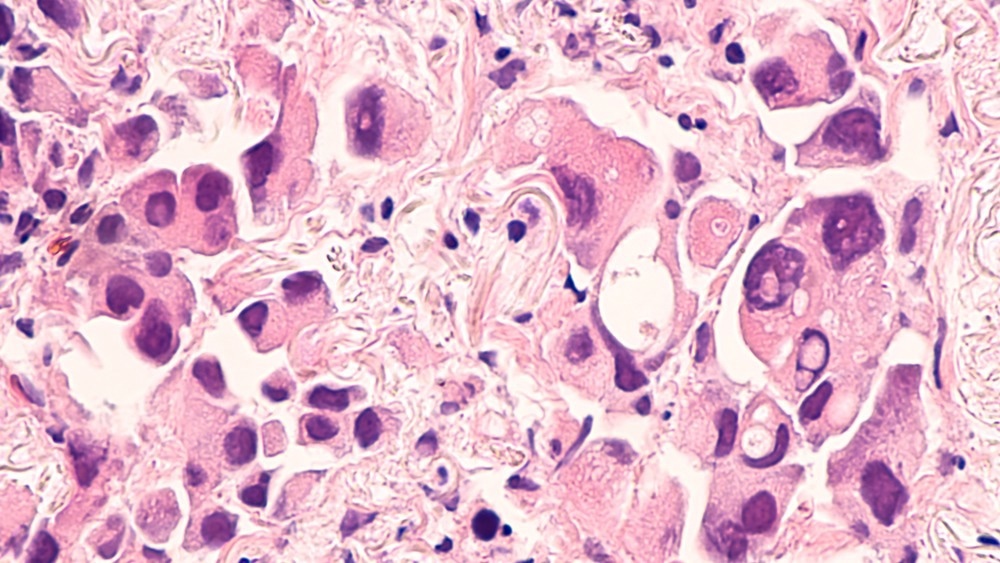
Image Credit: ShutterStock/David A Litman
One of the challenges, especially for early detection, is false positives. Even with an excellent assay to detect breast cancer, colon cancer, or prostate cancer, many people are still incorrectly diagnosed with prostate cancer due to this test, consequently causing a lot of avoidable grief.
Therefore, it is crucial that when we are using these new, fantastic ways to screen populations, we pair this with valuable and efficient ways to validate screenings. We want to find prostate cancers but do not want to misdiagnose a healthy person.
Are we at the stage of having one treatment that works for all of the population?
Precision medicine is a challenge at both the individual and population levels. Individually, a person might have a different response to things, so that the ML-based prediction could be wrong. On a population basis, false positives are a significant issue due to the creation of unnecessary grief.
Will research surrounding precision medicine and its capabilities will be continued? Will we soon see this as a standard treatment in healthcare? And what would this mean for patients?
Precision medicine has been around for 20-30 years. It has not fulfilled its promise. It still is a fascinating research area, but we are waiting for a significant breakthrough. The new technologies that MGI, for example, is putting forward could be beneficial to move into an arena where this works in a clinical setting.
Human Protein Atlas is a project that involves an international effort to map human proteins. What is the importance of this project for life sciences researchers, and, as the lead, what are you hoping to achieve from this project?
All human beings possess about 20,000 genes that code for protein. DNA is the blueprint so that we can read around 20,000 proteins. These are the building blocks of the human body; these proteins allow us to remember things, eat different food, etc.
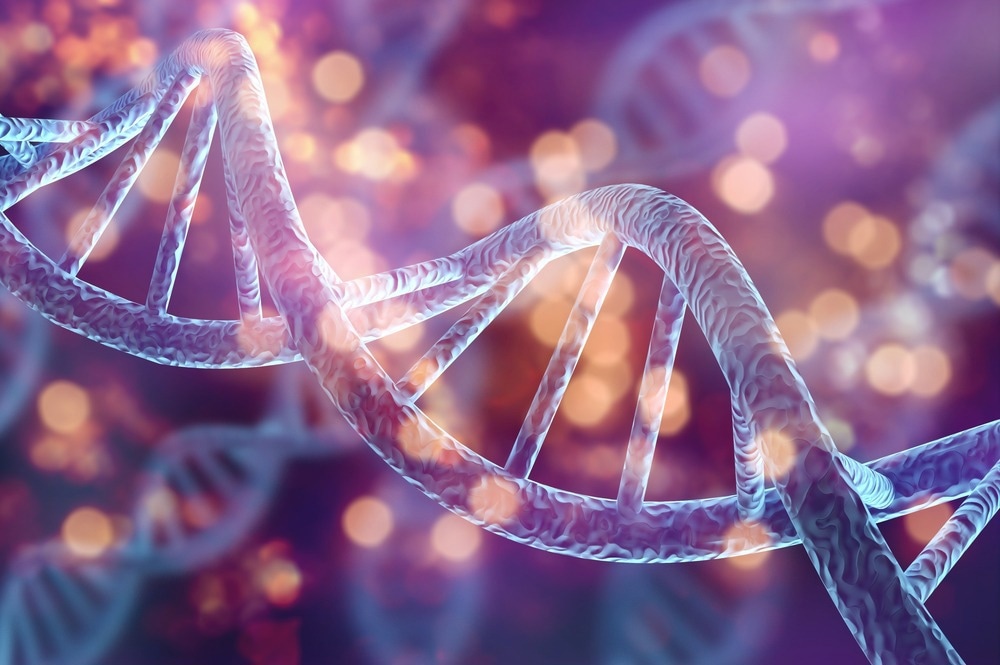
Image Credit: ShutterStock/Billion Photos
It is fantastic that we are now going through all of them and creating the periodic table of the human’s building blocks. This is essential for everybody who works on creating new drugs and diagnostics, but also for people who want to understand how the human body works, as we can see what the building blocks of the liver, head, etc., are.
The Human Protein Atlas – an open-access resource with more than 15 million web pages – is one of the world's most visited life science databases. With open-access research becoming more prominent within the life science community, why was it essential to you to make this resource available worldwide? What benefits do these open-access resources have?
It was critical for us to make this resource open-access for several reasons. Understanding the building blocks that make up the human body is a fundamental resource that everybody should have access to.
We made the decision early on to have no restrictions. This means that we will present all of the data, outline where it comes from, and annotate it to make it easy for people to read. This is one of the reasons why our work is cited in a research journal almost every hour - an outcome we hoped for when we started the project.
What products have you used from MGI Tech, and what is your experience with them?
When we started the Protein Atlas, it was antibody-based, which meant we tried to create a tag for every protein that could be detected. There were then a lot of new technologies developed based on DNA sequencing, and MGI had fantastic instruments for this. They also have new technologies that could be revolutionary in the future.
What kind of things do you look for in a product, and what impact does the quality of the equipment have on your results?
Access to good quality data is necessary when' doing' science. The researcher will want to have reproducible data, and they will want to avoid noise; therefore, the absolute best instrument is essential. We work a lot with different microscopes, and we want the best. We are also doing DNA sequencing, and some companies do this in a fantastic way, including MGI.
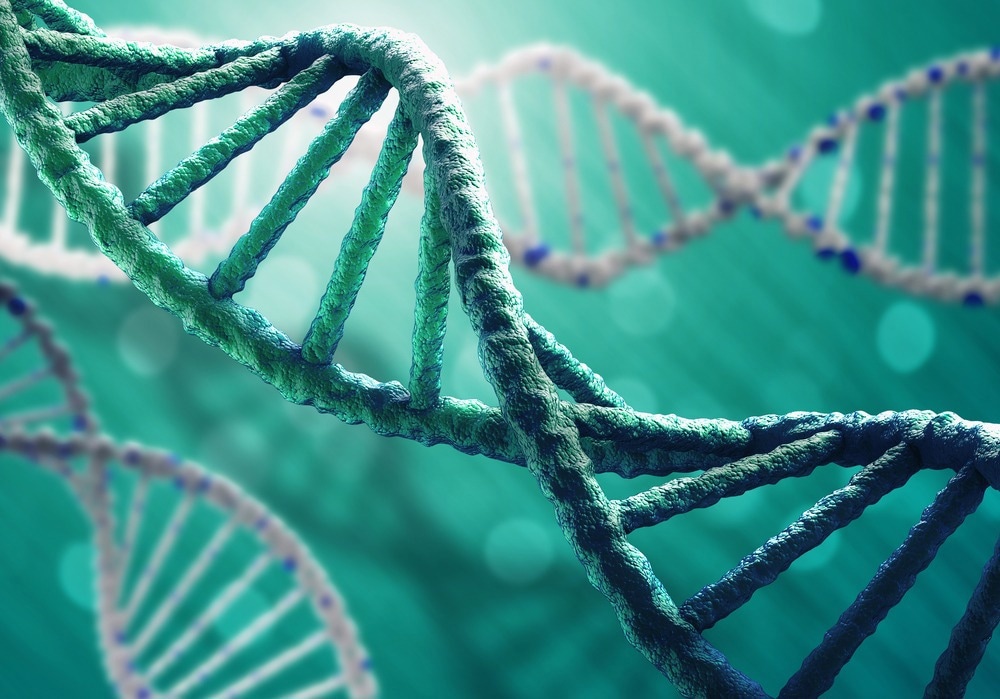
Image Credit: ShutterStock/Sergey Nivens
This means that noise is not created; the work produced cuts through the noise to offer something substantial.
You are also the co-founder of 20 biotech companies, a member of numerous organizations, and the founding director of the Science for Life laboratory. What has been your proudest achievement in your career so far?
I am proud of many different things, from basic research to applied research and even starting companies that are doing well and are now public. I am most proud of the Protein Atlas because this is a knowledge resource that many people use worldwide. I am also very proud that we have done this and kept it going for over 20 years, and I hope we can keep it going for another 20 years.
What is next for you in your research?
As the Protein Atlas advances, there are three steps that we wish to take. We are presently focusing on diseases. The original Protein Atlas and the Atlas we have today primarily focused on the healthy human. We are now moving into cancer, autoimmune diseases, cardiovascular diseases, and infectious diseases.
We want to do this in different ways, one of which is to find profiles in the blood for different diseases for early detection and stratification.
Another area that we want to focus on concerns tissues. We use a technology called immunohistochemistry, where you can paint one protein at a time. New technologies allow you to paint with different colors and get a much broader way of looking at proteins and tissues. We call it multiplex tissue profiling, and this is something that we are now very engaged in.
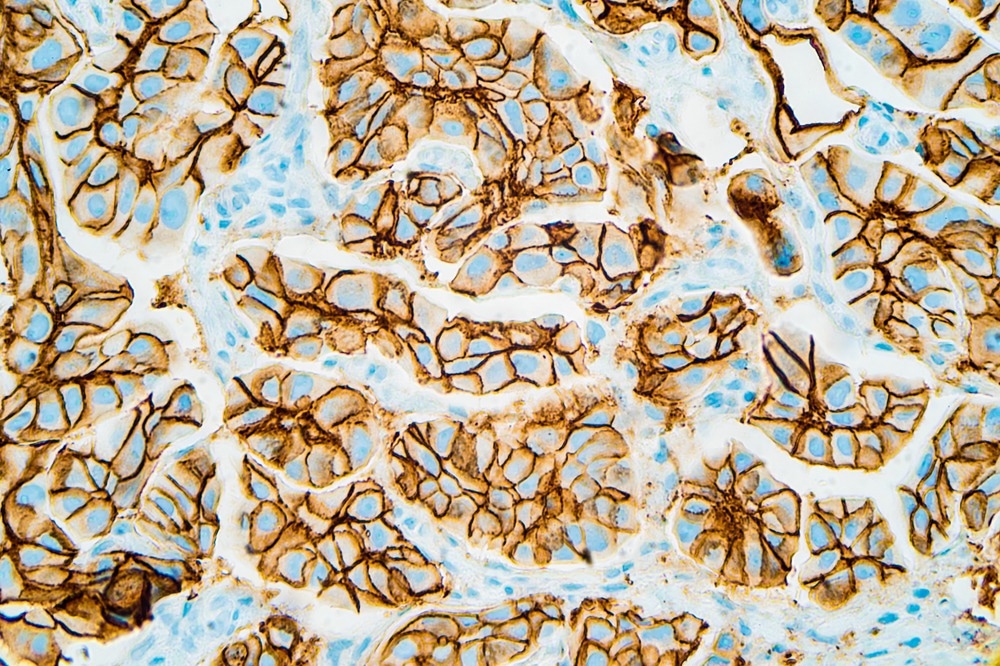
Image Credit: ShutterStock/David A Litman
Finally, we are trying to continue the single-cell analysis that we started in collaboration with MGI, where you can look at single cells in situ in the body and see what they contain.
In short, we are focusing on these three main areas: diseases, multiplex tissue profiling, and single-cell technologies.
About MGI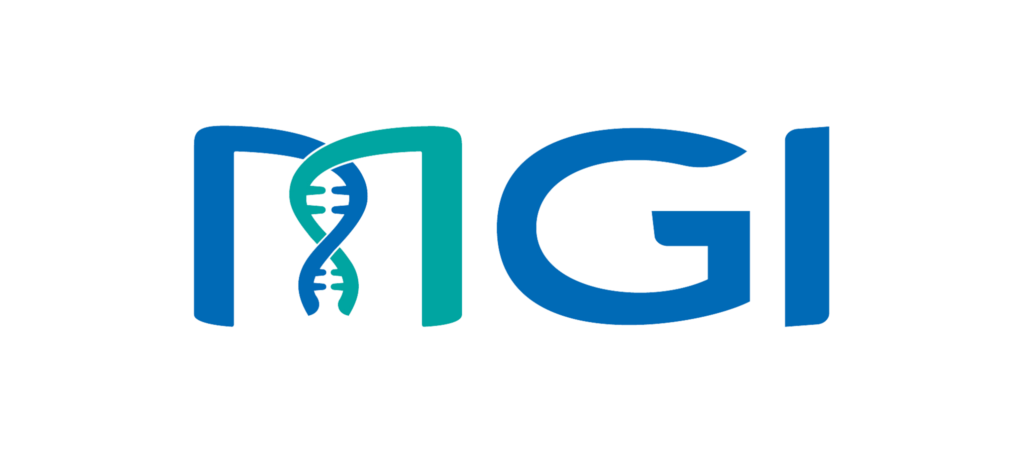
MGI Tech Co., Ltd. (referred to as MGI) is committed to building core tools and technology to lead life science through intelligent innovation. MGI focuses on R&D, production, and sales of DNA sequencing instruments, reagents, and related products to support life science research, agriculture, precision medicine, and healthcare. MGI is a leading producer of clinical high-throughput gene sequencers, and its multi-omics platforms include genetic sequencing, mass spectrometry, medical imaging, and laboratory automation.
Founded in 2016, MGI has more than 1000 employees, nearly half of whom are R&D personnel. MGI operates in 39 countries and regions and has established multiple research and production bases around the world. Providing real-time, comprehensive, life-long solutions, its vision is to enable effective and affordable healthcare solutions for all.